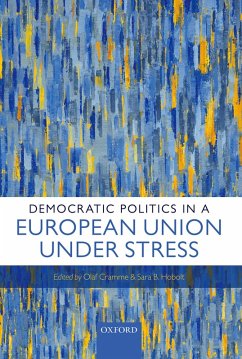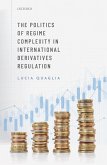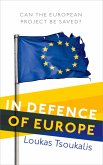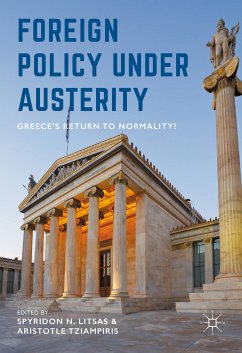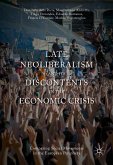This book offers a comprehensive political analysis of the Euro crisis that erupted in Greece in 2010 and subsequently threatened the very survival of the Euro area. It has left a profound mark on democratic politics all over Europe, changing public attitudes and voting preferences, institutional and societal norms, and deeply anchored political traditions. The contributors to this volume reveal the extent to which policymakers are torn between the pressures emanating from financial markets and the demands put forward by their own constituents; how they struggle to reconcile national preferences with wider European interests; and how a polarized and politicized Union seeks to maintain some degree of cohesion. The emerging picture is that of a European Union under serious stress, transformed by new governance structures and a shifting balance of power. In response, the authors evaluate the prospects of a more legitimate and democratic Europe. They provide a rich and pluralist set of new analyses and proposals, aimed at understanding and navigating the myriad tensions which surround the EU in the aftermath of the crisis. If the European project is to regain the trust of its citizens, such considerations must take a central place in public debate.
Dieser Download kann aus rechtlichen Gründen nur mit Rechnungsadresse in A, B, BG, CY, CZ, D, DK, EW, E, FIN, F, GR, HR, H, IRL, I, LT, L, LR, M, NL, PL, P, R, S, SLO, SK ausgeliefert werden.

